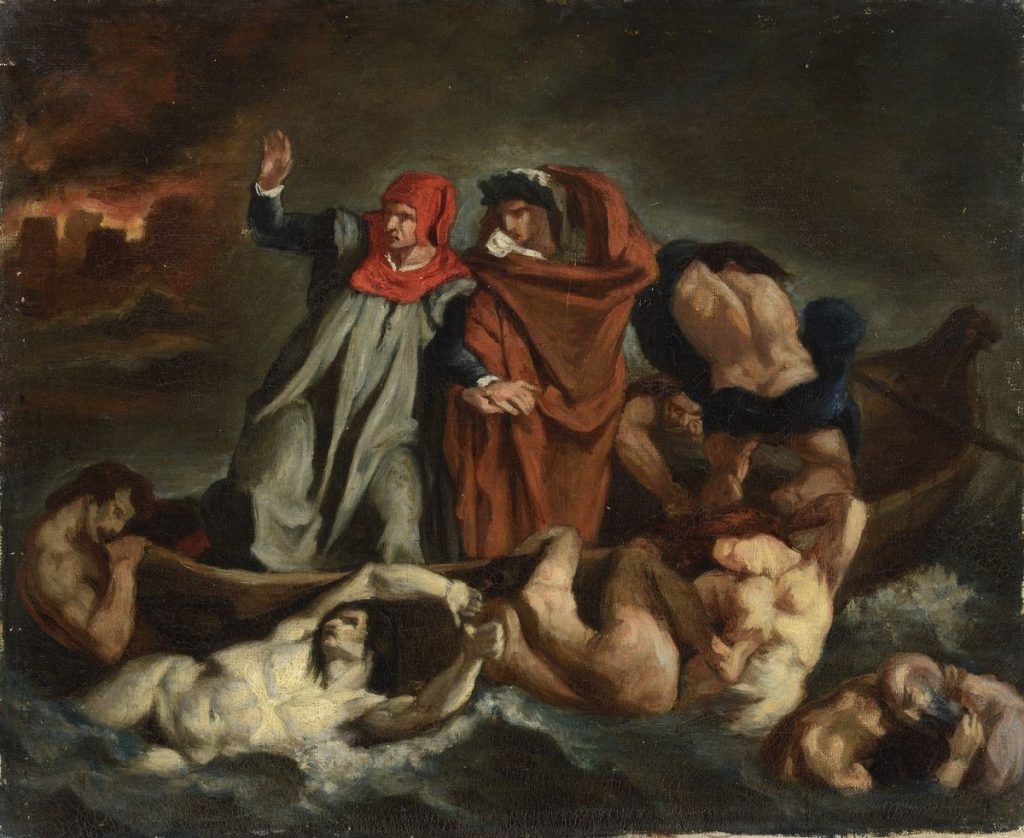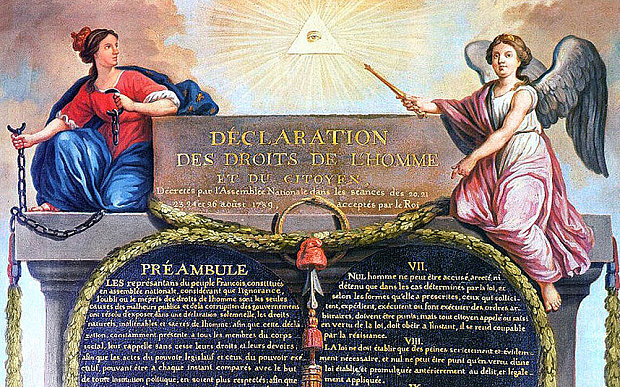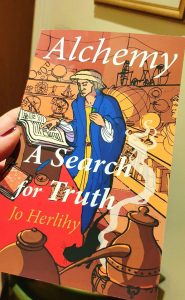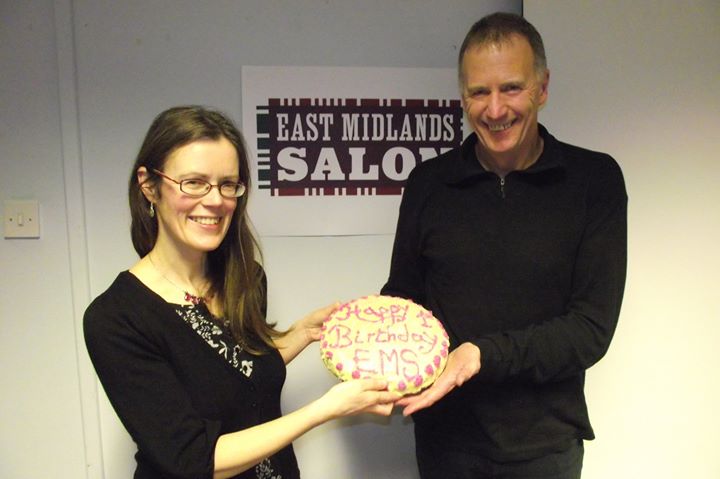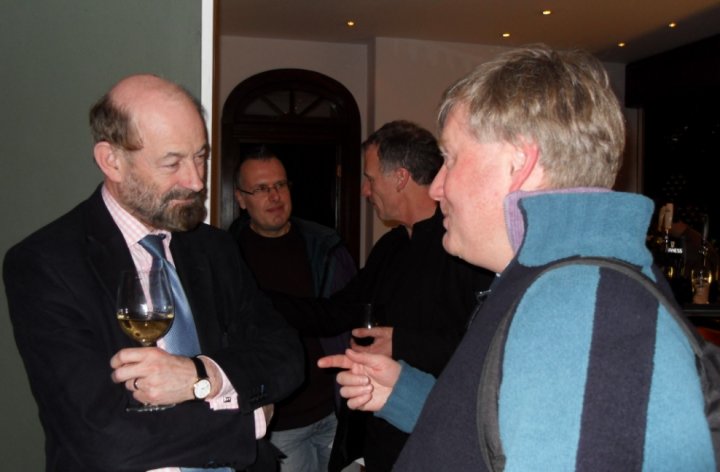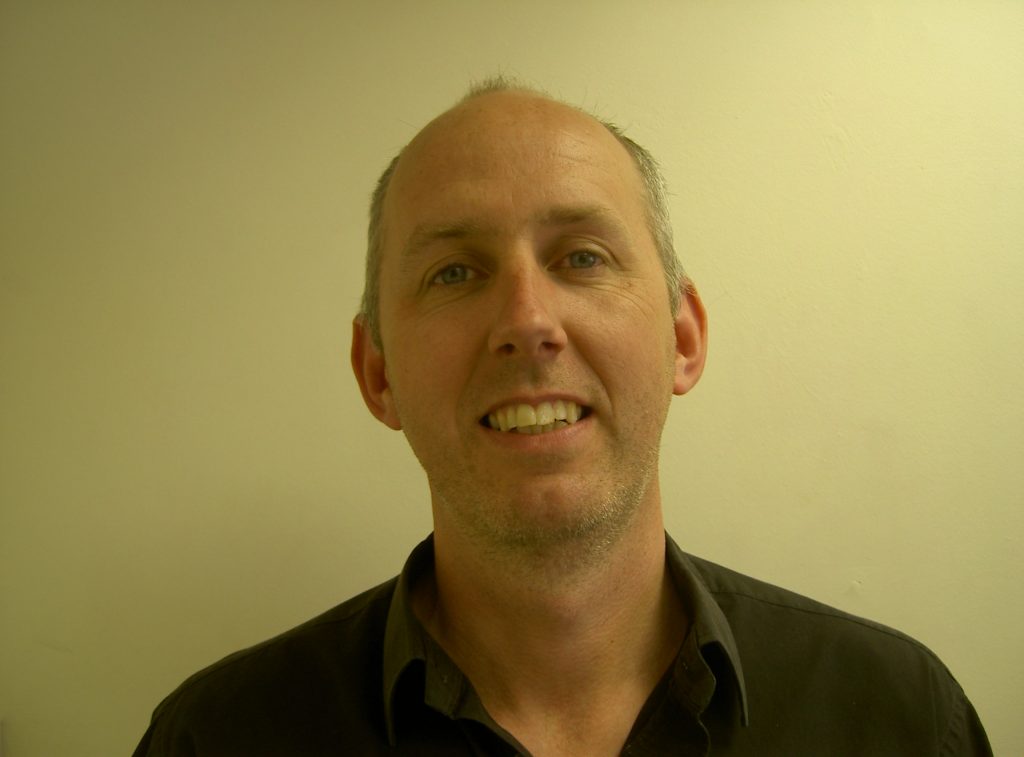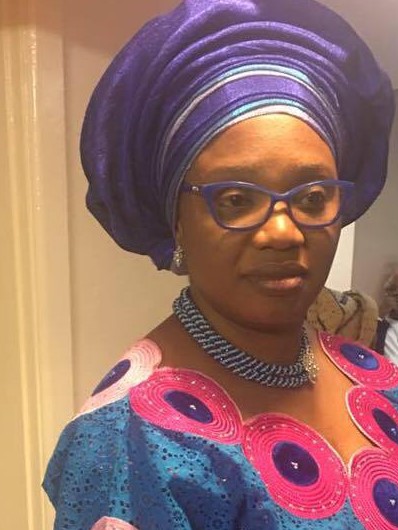The December East Midlands Salon is an introduction to the Academy of Ideas’ new series of ‘Letters on Liberty’. It is also a reprise of a discussion at the Buxton Battle of Ideas Festival. Philosopher, Jacob Reynolds, will discuss his Letter on Liberty Beyond the Culture Wars with historian, Nicholas Joseph and social scientist, Vanessa Pupavac. BUT all attendees can respond as the Jacob’s Letter on Liberty is available to buy for just £2 or you can download a copy for free! During the pandemic, public life came to a standstill. But long before lockdowns and viruses threatened the freedoms that we hold dear, there has been a problem with our belief in liberty.
Open debate has been suffocated by today’s censorious climate and there is little cultural support for freedom as a foundational value. What we need is rowdy, good-natured disagreement and people prepared to experiment with what freedom might mean today. Faced with this challenge, the Academy of Ideas decided to launch Letters on Liberty – a radical public pamphleteering campaign aimed at reimagining arguments for freedom in the 21st century.
In his Letter, Jacob argues that the culture wars feature three key trends: the destruction of the private sphere, the moralisation of politics and the replacement of virtues with values. He argues that this hollowing out of politics must be challenged by a radical defence of freedom.
Join Jacob, Nicholas and Vanessa to examine why the culture wars have intensified, explore some of their key characteristics and ask whether we can transcend them. Are those who wish to fight the culture wars merely pining for a lost and dead culture, or is the task before us more radical than conservative? How do we build a future-orientated society where such foundational principles as liberty and universalism are taken seriously? Do we really live in a ‘fragile peace in a culture of fragments’ as philosopher John Gray suggests, or can we offer a more optimistic outlook?

